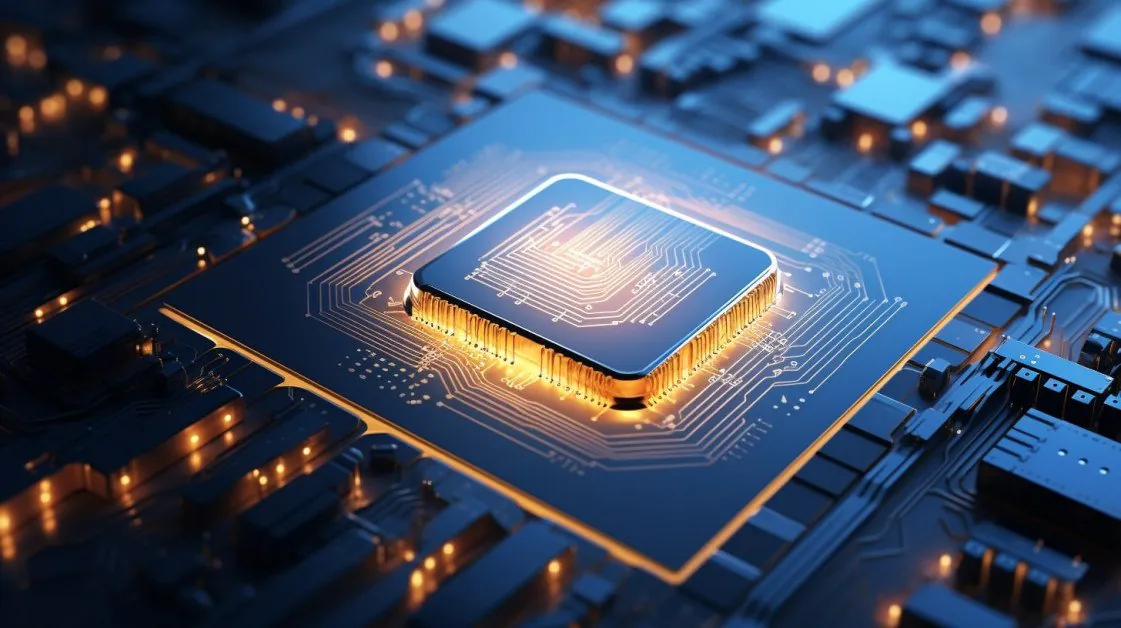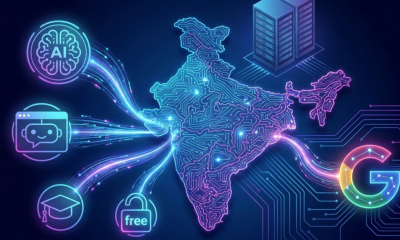Artificial Intelligence
OpenAI Contemplates Joining the AI Chipmaking League

OpenAI, the powerhouse behind the renowned ChatGPT, might soon be delving into the dynamic world of artificial intelligence chip-making. According to a new Reuters report, the company is actively considering creating its unique AI chips and is even toying with the idea of acquiring a potential target in this sphere.
The global demand for AI chips is soaring, particularly after OpenAI’s ChatGPT stormed the market last year. Such specialized chips, known as AI accelerators, play a pivotal role in training and implementing the cutting-edge generative AI technology. Currently, the market sees Nvidia at the zenith, asserting dominance over most AI chip production. OpenAI’s reliance on these expensive chips that are also limited has placed the company at a crossroads.
While OpenAI is actively exploring its options, there hasn’t been a concrete decision yet. Options on the table range from constructing its own AI chip, tightening its partnership with chip behemoths like Nvidia, to broadening its supplier base.
Challenges and High Stakes in the AI Realm
OpenAI’s CEO, Sam Altman, is no stranger to the challenges that lie ahead. He has been vocal about the scarcity of graphic processing units (GPUs) – a realm where Nvidia enjoys an over 80% market share. This scarcity, coupled with the skyrocketing costs of operation, are two primary concerns for Altman. With OpenAI’s expansive operations, especially ChatGPT, the financial implications are hefty. Should ChatGPT queries reach even a tenth of Google search’s magnitude, the initial investment on GPUs alone would be a staggering $48.1 billion, with an annual recurring chip cost of around $16 billion.
For OpenAI, developing in-house AI chips could be both a strategic and financial game-changer. But it’s not without its challenges. Entering the chip-making arena means joining ranks with tech giants like Google and Amazon, both of which have invested significantly in designing chips intrinsic to their operations. This venture is no small feat and could require OpenAI to pump hundreds of millions annually, as industry experts note.
The potential acquisition of a chip company, reminiscent of Amazon’s procurement of Annapurna Labs in 2015, could be a shortcut for OpenAI. This strategy could trim the lengthy chip development timeframe. However, as sources indicate, OpenAI is still in the early stages of this consideration, having undertaken due diligence on an undisclosed potential acquisition target.
Future Landscape of AI Chipmaking
The chipmaking journey, even if embarked upon, is long-haul for OpenAI. In the interim, the company would still lean on commercial suppliers like Nvidia and Advanced Micro Devices. It’s worth noting that while tech bigwigs like Meta have ventured into chip-making, success hasn’t always been guaranteed. Meta faced significant setbacks, eventually discontinuing certain AI chips. They’re currently working on a newer, holistic AI chip model.
Furthermore, Microsoft, a major OpenAI backer, is in the process of crafting its custom AI chip. OpenAI’s potential move into chipmaking could hint at a strategic drift between the two tech giants.
The AI chip arena is teeming with both opportunity and challenges. OpenAI’s potential foray into this sector underscores the broader industry shift towards more self-reliance and custom solutions. The outcome remains to be seen, but the implications for the AI world are monumental.












